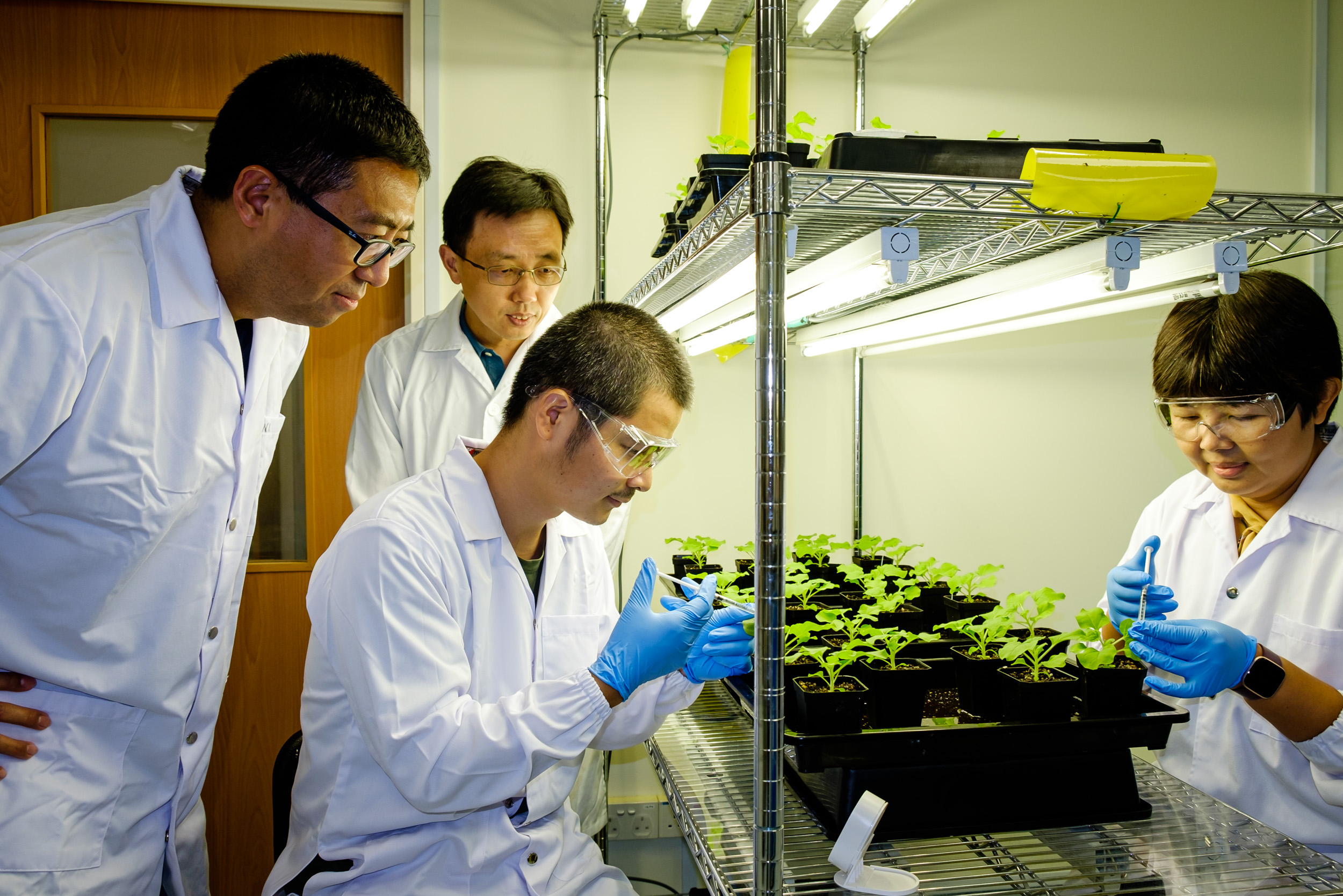
Scientists from NTU Singapore have successfully bioengineered an important protein in plants to increase the yield of oil from their fruits and seeds - a holy grail for the global agri-food industry.
Their patent-pending method can increase oil content in seeds by 15 to 18 per cent, which is a significant improvement since major oil-producing crops such as soybean, sunflower, rapeseed, and peanut, already have a high percentage of oil in their seeds.
This innovation can help the world in its quest for sustainability, helping to reduce the amount of arable land needed for oil-yielding crops while increasing the yield to meet the world's growing demand for vegetable oil, especially when facing effects of climate change.
Lead scientists Assoc Prof Gao Yonggui and Asst Prof Ma Wei said their method can also aid the agri-food industry in addressing United Nation's sustainable development goals, since vegetable oil is an essential part of the human diet and used extensively in food processing.
The global market for plant oils is estimated to be worth US$241.4 billion in 2021 and is expected to increase to US$ 324.1 billion by 2027, according to industry estimates. The team expects that their method will have economic impact if adopted by industry players.
Food and Agriculture Organization of the United Nations (FAO) Expert Consultant on novel foods, NTU Michael Fam Chair Professor William Chen, gave his independent views, saying that more advanced technologies to grow more food with higher nutrition value such as this, is required to increase food security and tackle world hunger.






